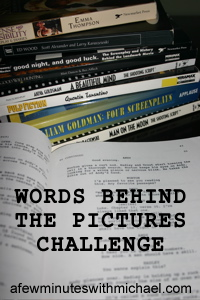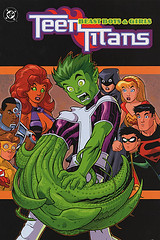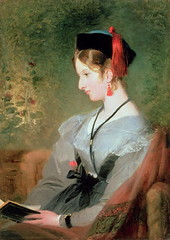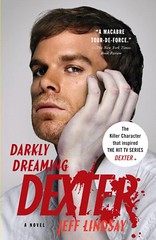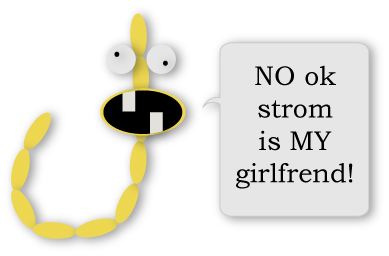
Norwegian Wood / Haruki Murakami
Noruwei no mori. English
New York : Vintage International, 2000
Originally published: 1987
Translated by Jay Rubin
296 p.
I was thirty-seven then, strepped in my seat as the huge 747 plunged through dense cloud cover on approach to the Hamburg airport. Cold November rains drenched the earth and lent everything the gloomy air of a Flemish landscape: the ground crew in rain gear, a flag atop a squat airport building, a BMW billboard. So -- Germany again.
This is the story of a boy, Toru, and a girl, Naoko, who share a love colored by the tragedy of death. Kizuki, Naoko's boyfriend and Toru's best friend committed suicide at 17, an event from which Naoko never fully recovered.
As Naoko regresses more and more into her mind at a mental health facility, Toru becomes involved with the outgoing and liberated Midori. Norwegian Wood is the story of his relationships with the two young women told from Toru's perspective as a man in his 30's reminiscing about his college years.
This is a departure from Murakami's usual surrealist style, and many judge it as an exercise or experiment, but I think that promotes a reading that misplaces the strength of the work. It's a lovely and moving book, but I think some of the praise it garners is for the wrong things, taking the focus away from the books true beauty.
The story is framed as a reminiscence, and looking to the past with varying degrees of lucidity is a theme throughout, but I don't get the sense that this is really being narrated by an older man looking back with a supposedly hazy memory. After the beginning of the book, grown-up Toru seems forgotten, and the amount of detail in the novel is typical. Entire conversations and meals are recalled like any other novel not from any particular perspective.
There also seems to be some significance placed on the novel's setting in the 1960's, but this seems to be accomplished more through popular culture name-dropping than a truly atmospheric immersion. The story could easily be taking place in the present. I couldn't help but compare it to Ryu Murakami's novel 69, which paints a much clearer picture of 1960's Japan.
Though presented as a love story, Norwegian Wood is much more a coming-of-age novel. The feelings Toru has for Naoko and Midori are conflicting and move him to ultimately discover himself rather than ultimate happiness. The back of the book calls his love for Naoko "heroic" but I find it the opposite. Toru is lonely and even desperate at times, and though he cares very much for Naoko, it lacks the unique selflessness that I associate with "heroic" love.
What I found most fascinating about the character was his tendency to get wrapped up in the world of whoever he was with. Alone, he is weak and makes nearly no decisions of his own. He gets sucked up in his friend Nagasawa's world of sexual conquest, Midori pulls him along at her whim, and when he's dealing with Naoko, he becomes introspective and trapped in his mind like she is. When he is alone, he is empty, and that is why I believe his character feels so lonely even when surrounded by people who love him.
It is here that the strength and poignancy of the novel lie. The perspective, the time period, and the setting all are secondary to the intense struggle of youth to make connections, find themselves psychologically and sexually through the lens of their relationships, and to ultimately take what they find in themselves and share it. It's not unique to any time, but is a story that's universal.










